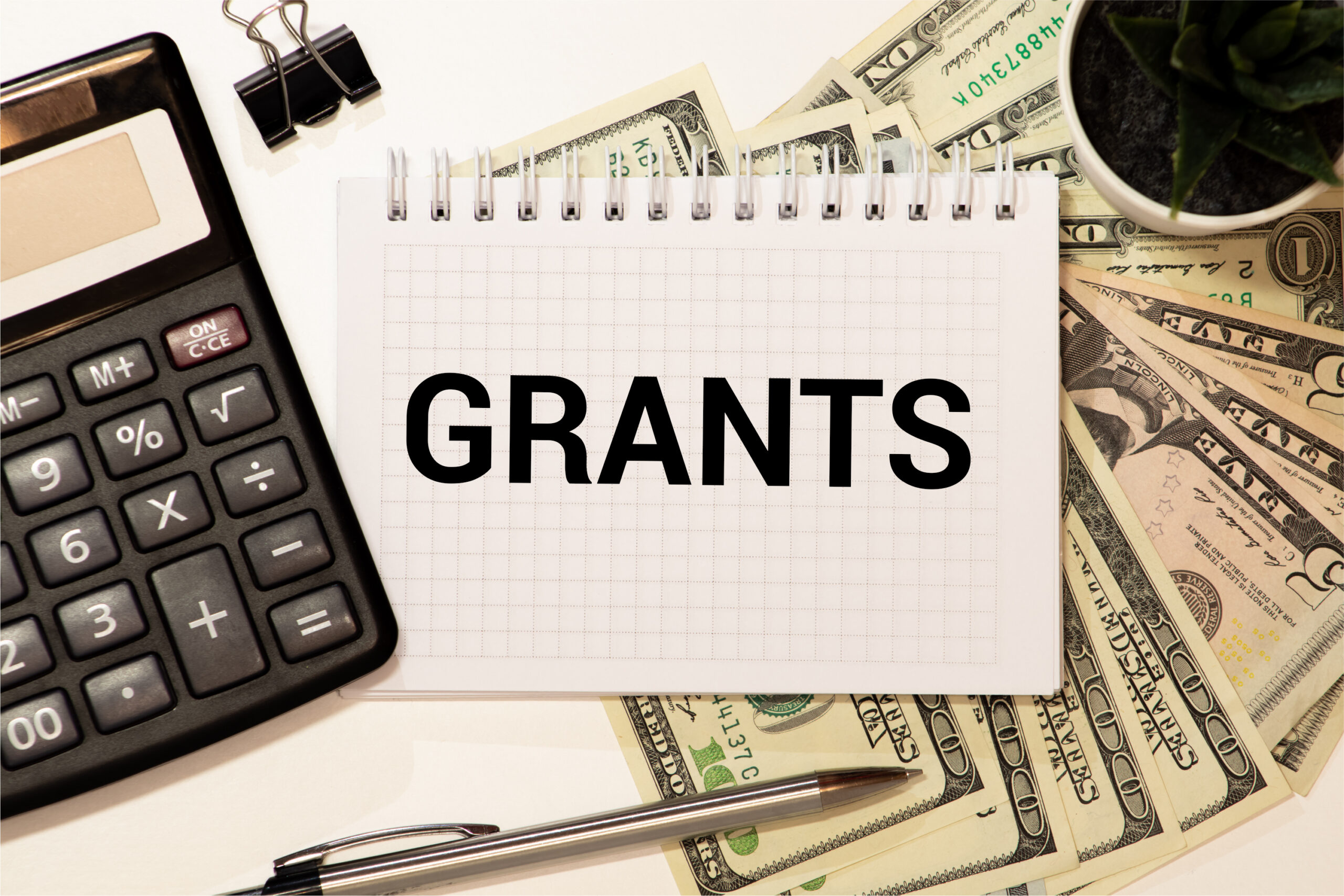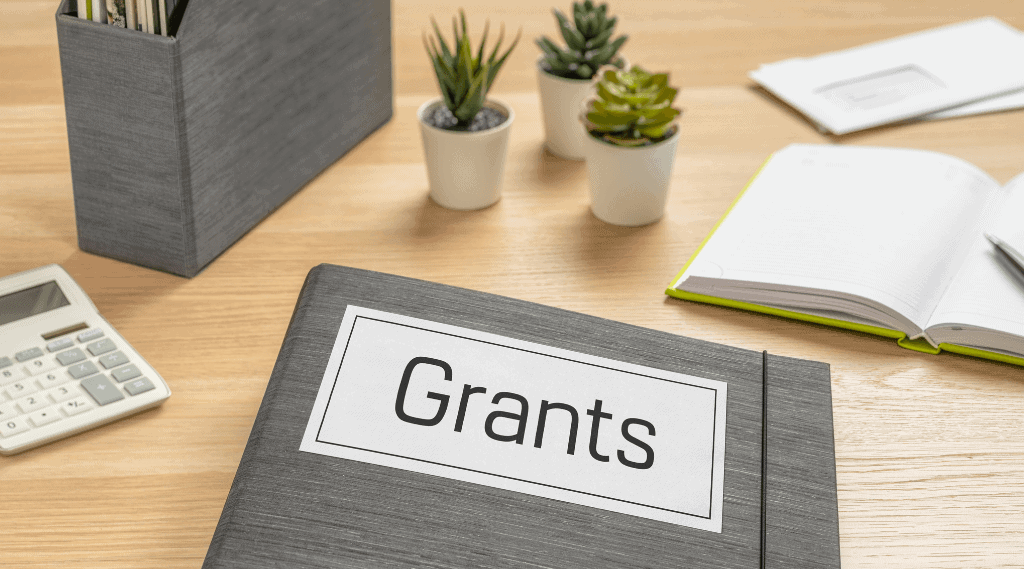Grant writing is a tool that can change the game for non-profit organizations. I believe that a well-written grant proposal can open doors to funding opportunities that help make a real difference in communities.
In this guide, I want to share my insights on grant writing, explain why it matters, and offer practical tips to help non-profits secure the funding they need to thrive.
Understanding Grant Writing
Grant writing is the process of creating a proposal to request funds from government agencies, foundations, or other funding sources.
It’s more than just filling out an application form. It involves telling the story of your organization, explaining your goals, and showing how you plan to use the money to create positive change.
Many non-profits rely on grants to support their programs. For example, research from the Grant Professionals Association shows that a significant number of organizations depend on grant funding to sustain their operations.
I have seen firsthand how a clear and honest proposal can make a difference in securing support for projects that might otherwise struggle to find funding.
Just Before You Go
Empower individuals to overcome barriers, gain essential skills, and secure gainful employment through our proven programs—KeelMaster, KeelWings, and KeelMate. Your support can spark change and build brighter futures.
Donate NowThe Importance of Grant Writing for Non-profits
Grant writing is important because it is often the lifeblood of non-profit organizations. Here are a few reasons why it is so valuable:
-
Access to Funds: Grants can provide the financial support necessary to launch new programs, expand services, or cover operational costs. For many non-profits, these funds are essential for survival.
-
Building Credibility: A well-crafted proposal can boost the reputation of an organization. It shows funders that the organization is organized, thoughtful, and ready to manage resources responsibly.
-
Encouraging Growth: With proper funding, non-profits can invest in training, technology, and community outreach, leading to long-term growth and impact.
-
Expanding Networks: The process of grant writing often leads to connections with foundations and other organizations. These relationships can be as valuable as the funds themselves, opening doors to additional opportunities and support.
For instance, according to a report by Candid, non-profits that engage in regular grant writing tend to experience more sustainable growth compared to those that rely solely on donations or one-off fundraising events.
I find that understanding these benefits helps to see grant writing not as a chore but as a strategic investment in the future of the organization.
Steps to Successful Grant Writing
If you are new to grant writing or looking to improve your skills, here are some simple steps I follow when crafting a proposal:
Research Funding Sources:
Start by finding grant opportunities that align with your organization’s mission. Websites like Grants.gov and Foundation Center offer extensive databases of grants available from various sources.
Know Your Audience:
Understand who you are writing for. Each funding organization has its own priorities and values. Make sure to read the guidelines carefully and tailor your proposal to match their requirements.
Tell Your Story:
Your proposal should include a clear explanation of your organization’s mission, the challenges you aim to address, and the impact of your work.
I always make sure to include real-life examples and success stories that illustrate the difference my organization has made.
Set Clear Goals and Objectives:
Describe what you plan to achieve with the grant funds. Set measurable objectives so that funders can see exactly how you will use their investment to make a tangible impact.
Budget Wisely:
Provide a detailed budget that shows how every dollar will be spent. Transparency in budgeting builds trust and reassures funders that their money will be used effectively.
Review and Edit:
Before submitting your proposal, review it carefully. Ask a colleague or mentor to give feedback. A fresh pair of eyes can catch mistakes and suggest improvements.
I have learned that taking the time to plan, write, and refine each proposal increases the likelihood of success. It may seem like a lot of work, but each step is a building block toward creating a strong case for funding.
Common Pitfalls in Grant Writing
Even experienced grant writers can run into trouble if they are not careful. Here are some pitfalls I try to avoid:
-
Ignoring the Guidelines: Each grant has specific requirements. Overlooking these can result in your proposal being rejected before it’s even read.
-
Lack of Clarity: Vague goals or overly complex language can confuse reviewers. I focus on simple, clear language that gets straight to the point.
-
Overly Ambitious Goals: While it is important to be visionary, setting unrealistic goals can make your proposal less credible. I recommend setting attainable objectives and backing them up with evidence and a detailed plan.
-
Inadequate Budgeting: A budget that is too vague or not fully justified can lead to questions about your organization’s financial management. It is crucial to break down costs in a way that is easy to understand.
Avoiding these common mistakes helps to build a strong, convincing proposal that resonates with funders.
FAQs
What exactly is grant writing?
Grant writing is the process of preparing a written proposal to request funding for a project or program. It involves describing the need, explaining how the funds will be used, and outlining the expected outcomes.
How do I get started with grant writing?
Begin by researching funding opportunities that align with your organization’s mission. Develop a clear understanding of what each funder is looking for, and gather all necessary documents and data to support your proposal. Practice and feedback are key, so consider joining a workshop or finding a mentor in the field.
How much time does it take to write a grant proposal?
The time needed can vary. Some proposals might take a few weeks to prepare, while others can take several months. It depends on the complexity of the project, the amount of funding requested, and the specific requirements of the grant.
What are some resources I can use to improve my grant writing skills?
There are many resources available online. For example, GrantSpace offers training and tools for non-profit organizations. Additionally, many local libraries and community centers offer workshops and seminars on grant writing.
Can I hire a professional grant writer?
Yes, many non-profits choose to work with professional grant writers. Hiring a specialist can be beneficial if you do not have the time or expertise to write a proposal yourself. However, I also believe that learning the basics of grant writing can empower your organization in the long run.
Further Resources
To help you dive deeper into the world of grant writing, here are some useful links and resources:
-
Grants.gov: This site provides information on federal grants, including application guidelines and deadlines. Visit Grants.gov for more details.
-
Foundation Center by Candid: Find comprehensive data on foundations, grants, and non-profit organizations. Learn more at Candid.
-
GrantSpace: A free resource offering training, tools, and advice for non-profit professionals. Explore GrantSpace for useful tips.
-
Local Workshops: Check with local libraries, community centers, or non-profit associations for workshops and networking opportunities in your area.
I have found that using these resources not only improves my grant writing skills but also expands my network with other non-profit leaders and professionals in the field.
Conclusion
Grant writing is a crucial skill that can unlock new opportunities for non-profits. It is a way to share the story of your organization, showcase the impact you have in your community, and secure the funds needed to continue your work. By understanding the basics, avoiding common mistakes, and using available resources, you can build a strong case for your next grant application.
I hope this guide has given you a clearer picture of what grant writing involves and how it can benefit your non-profit. I invite you to reflect on your own journey—what steps are you ready to take to kick-start your grant writing efforts for your non-profit?
Just Before You Go
Empower individuals to overcome barriers, gain essential skills, and secure gainful employment through our proven programs—KeelMaster, KeelWings, and KeelMate. Your support can spark change and build brighter futures.
Donate Now


